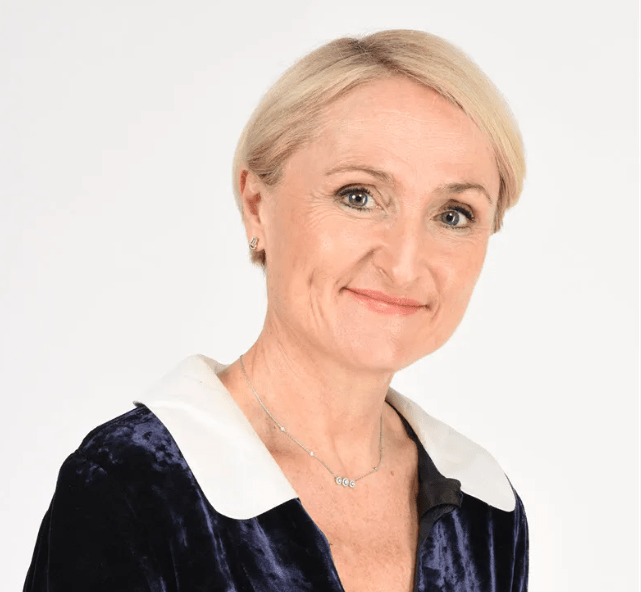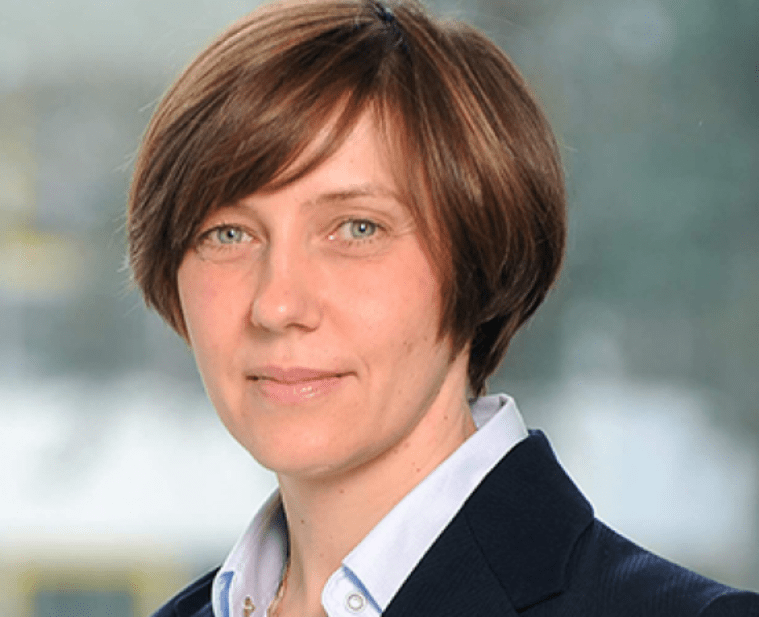
Welcome to Dassault Family Office
Where cutting-edge AI meets personalized care and wealth management.
Dassault Office Vision
Dassault Family Office’s vision is to be a leading family office that creates long-term value and well-being for family members and society by focusing on innovation and sustainable development. The following is a description of the vision of the Dassault Family Office:
Family value inheritance and management: We are committed to inheriting and managing the core values of the Dassault family, including innovation, responsibility, integrity and cooperation. By establishing a good family governance structure and culture, we ensure cooperation and win-win results among family members and achieve sustainable inheritance of family wealth.
Long-term value investment and innovation: We pursue long-term value investment and innovation, focus on managing family assets in a stable manner, and actively explore new investment opportunities and business areas. Through continuous innovation and progress, we will create greater economic and social value for family members and society.
Social Responsibility and Sustainable Development: We assume social responsibilities, actively participate in social welfare undertakings and sustainable development projects, and promote social harmony and stability. We are committed to protecting the environment, caring for our employees, supporting education and medical care, and making positive contributions to society.
Global vision and partnerships: We have a global vision and strategic vision, and are committed to establishing extensive partnerships and international business networks. By cooperating with outstanding companies and institutions, we achieve resource sharing and mutual benefit, and jointly promote the development of the family and society.
Personal growth and happy life of family members: We value the personal growth and happy life of family members, provide them with a good learning and development environment, and encourage them to actively participate in social activities and public welfare undertakings to realize their own values and dreams.
To sum up, the vision of the Dassault Family Office is to achieve sustainable development of family wealth through innovation, responsibility and cooperation, create long-term value and well-being for family members and society, and become an admirable family office and socially responsible enterprise.
Basic concepts and principles of artificial intelligence (AI) technology
Artificial intelligence (AI) technology is a computer system that simulates human intelligence and is designed to perform tasks similar to human thinking and decision-making. Its basic principles include machine learning, deep learning and natural language processing. Here is a brief introduction to these concepts and principles:
Machine learning:
Machine learning is an AI technology that improves the performance of computer systems by allowing them to learn and extract patterns from data. The basic idea is to analyze data through algorithms and models, identify patterns and regularities, and make predictions or decisions based on the learned knowledge. Common machine learning methods include supervised learning, unsupervised learning, and reinforcement learning.
Deep learning:
Deep learning is a special form of machine learning, the core of which is artificial neural networks. Deep learning models consist of multiple layers of neural networks, each layer learning features of the input data to generate an output. Deep learning models can automatically extract and learn complex features in data and train on large-scale data sets to achieve high-performance pattern recognition and prediction capabilities.
Natural language processing:
Natural language processing (NLP) is the field that studies the interaction between computers and human natural language. NLP technology includes text analysis, speech recognition, semantic understanding and other aspects, aiming to enable computers to understand, generate and process natural language. Applications of NLP technology include machine translation, intelligent assistants, sentiment analysis, etc.
The process of AI technology imitating human cognitive abilities to achieve tasks such as data analysis, pattern recognition, and decision-making reasoning can be summarized as the following steps:
Data collection and preprocessing: AI systems collect and organize large amounts of data to provide a basis for subsequent analysis and learning.
Feature extraction and learning: AI systems use machine learning or deep learning algorithms to extract features from data and learn patterns and rules.
Model training and optimization: The AI system adjusts model parameters and structure based on learned knowledge to improve the accuracy and efficiency of prediction or decision-making.
Inference and application: AI systems use learned models to infer and apply new data to achieve various tasks, such as data classification, predictive analysis, intelligent recommendations, etc.
Through these steps, AI technology can imitate human cognitive abilities and achieve complex tasks such as data analysis, pattern recognition, and decision-making reasoning, bringing huge value and impact to human society.
Explore the technical application and future development of AI in the medical field
In today's digital era, the application of artificial intelligence (AI) technology in the medical field has become a reality, bringing revolutionary changes to medical diagnosis, treatment and health management. This article will explore the technical application of AI in the medical field and look forward to future development trends.

Medical Imaging Diagnosis
Traditional medical imaging diagnosis relies on the doctor's experience and intuition, which suffers from subjectivity and high misdiagnosis rate.
AI technology can automatically identify and analyze medical images through deep learning algorithms and big data analysis, improving diagnostic accuracy and efficiency.
For example, medical imaging diagnosis systems based on deep learning have made remarkable achievements in tumor detection and diagnosis of cardiac lesions.

Intelligent clinical decision support
Clinicians face tremendous decision-making pressure and information asymmetry challenges, and need to develop treatment plans quickly and accurately.
AI technology can provide doctors with personalized clinical decision support by analyzing clinical data, medical record information and medical literature.
For example, an intelligent clinical decision support system can provide doctors with the best treatment suggestions and prognosis assessment based on the patient's condition and medical history.

Breakthroughs in drug development and personalized treatments
The traditional drug development process is time-consuming and labor-intensive, has a low success rate, and requires a large number of clinical trials and data verification.
AI technology can accelerate the development and screening process of new drugs by simulating and predicting the structure and mechanism of drug molecules.
Personalized treatment can also be achieved through AI technology to develop personalized treatment plans based on the patient's genome and biomarkers.

Breakthroughs in drug development and personalized treatments
The traditional drug development process is time-consuming and labor-intensive, has a low success rate, and requires a large number of clinical trials and data verification.
AI technology can accelerate the development and screening process of new drugs by simulating and predicting the structure and mechanism of drug molecules.
Personalized treatment can also be achieved through AI technology to develop personalized treatment plans based on the patient's genome and biomarkers.

Innovations in health management and preventive care
AI technology can analyze personal health data and living habits to achieve health risk assessment and personalized health management.
For example, smart health monitoring devices and applications can monitor users' health data and provide personalized health recommendations and warnings.
In the future, with the continuous development and application of AI technology, we can expect more innovations and breakthroughs in the medical field. However, we also need to face the ethical, legal and privacy challenges in the application of AI technology in the medical field, jointly explore the development path of AI technology, and achieve continuous progress and improvement in the medical and health field.
Through a brief understanding, we can better understand the technical application of AI in the medical field, as well as its significance and potential impact on future medical health.
Case studies and success stories
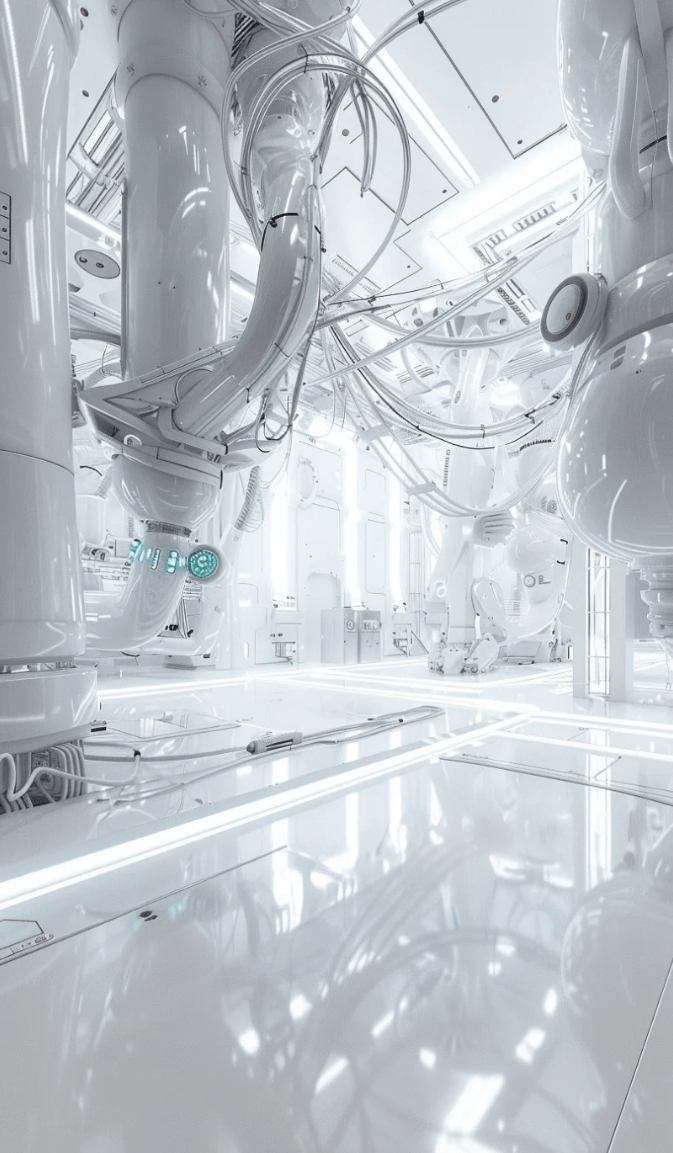
Google DeepMind’s AlphaFold
AlphaFold is a deep learning model developed by Google's DeepMind team and is specifically used to predict the structure of proteins. In the 2018 CASP13 competition, AlphaFold performed well and won the competition by predicting protein structure accuracy close to the experimental level. This breakthrough means that AI technology has great potential in drug development and treatment, and can accelerate the development of new drugs and the realization of personalized treatment.

IBM Watson’s medical imaging diagnosis
IBM Watson is an intelligent medical assistant that uses deep learning algorithms to analyze medical imaging data and assist doctors in making diagnosis and treatment decisions. In a 2017 study, IBM Watson successfully diagnosed a rare type of cancer in a Japanese woman. This case demonstrated the breakthrough application of AI technology in medical imaging diagnosis.

Personalized Cancer Treatment at Tempus
Tempus is a company focused on personalized medicine, using big data and machine learning algorithms to analyze the genomic and clinical data of cancer patients to provide doctors with personalized treatment plans. In one study, Tempus successfully predicted a breast cancer patient's response to a specific drug, providing the patient with a more effective treatment plan.

Automatic fundus lesion diagnosis with IDx-DR
IDx-DR is an automatic fundus lesion diagnosis system driven by AI technology that can automatically identify diabetic retinopathy in eye clinics. The system performed well in clinical trials, with diagnostic results consistent up to 90% with those of professional ophthalmologists, and was approved for marketing by the U.S. Food and Drug Administration (FDA).
about Us
Meet our senior management

Creating the Future
Executive Chairman
Bernard Charlès positions Dassault Systèmes, the global leader in virtual worlds, as a preferred innovation partner. Inspired by digital models, product lifecycle management and 3D EXPERIENCE, Charlès firmly believes that virtual technology is about connecting imagination and science.

Pascal Daloz
CEO
With his ability to identify future trends and bring together the most creative minds, Pascal Daloz made an important contribution to Dassault Systèmes' policy of opening up new areas, especially in life sciences and healthcare. He uses a multidisciplinary approach to drive company growth and take full advantage of the platform economy.

L
Board of Directors
Julia Marie Cagno is a professional with outstanding insight and leadership skills. Her expertise covers AI technology, real estate and digital assets. As a leader with rich experience and unique insights in these fields, she is committed to applying the latest technologies and innovations to the real estate industry, promoting digital transformation, and achieving continued development and innovation in the industry.

Laurence Barthès
Executive Vice President, Chief People & Information Officer
Laurence has leveraged the extensive capabilities of the 3DEXPERIENCE® platform to completely transform Dassault Systèmes’ human resources model and approach. This includes deployment of 3DSWYM (See What You Mean), Dassault Systèmes’ social enterprise and collaborative innovation platform, which allows all of the company’s 22,500 employees – whatever their role – to innovate through communities formed around interests, projects or areas of expertise.
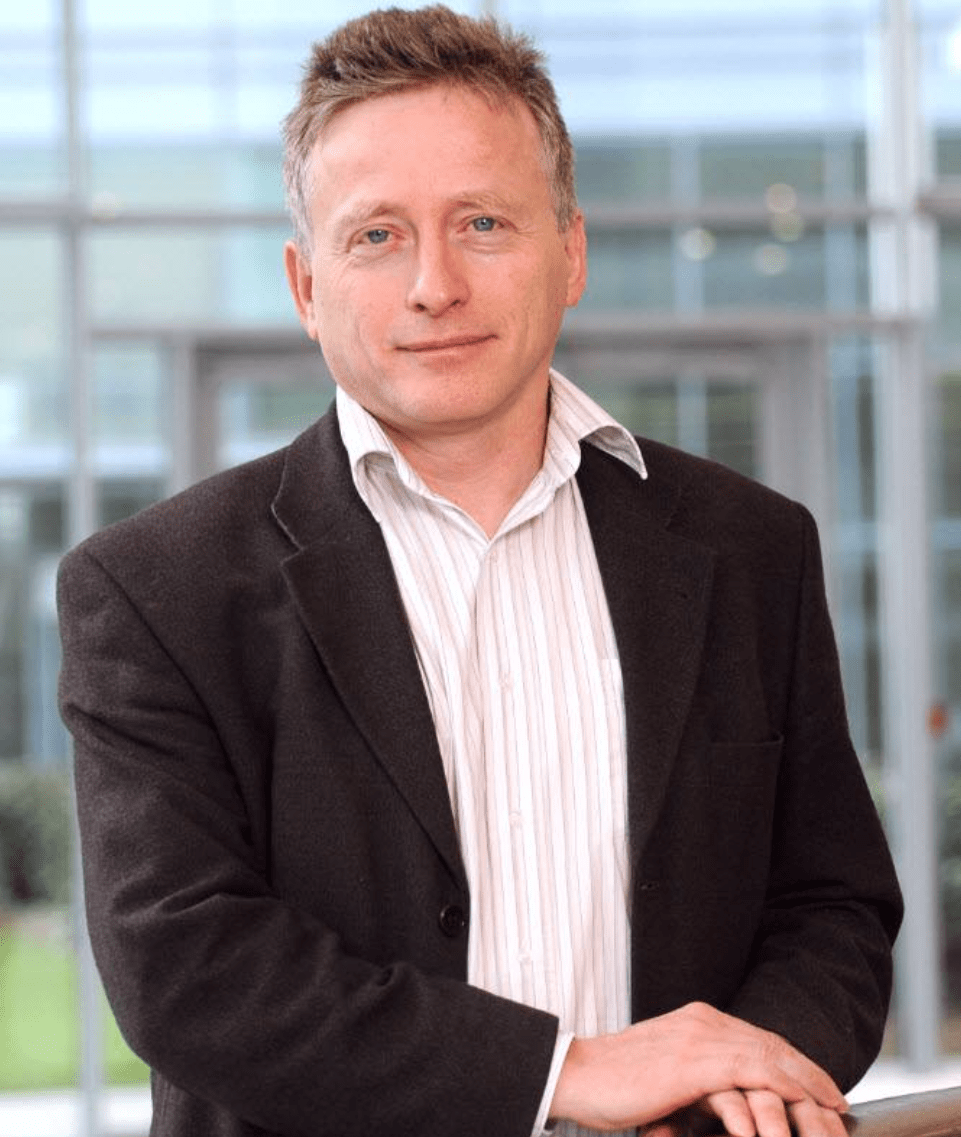
Philippe Laufer
Executive Vice President, 3DS Global Brands
Philippe joined Dassault Systèmes in 1985 as a member of the CATIA R&D department, focusing on design and manufacturing. After two years in Seattle laying the groundwork for the Boeing 777 program, Philippe managed Dassault Systèmes’ Automotive Competence Center, making our solutions the industry standard. In 1996, he became Head of R&D in the area of Shape Design and Styling at CATIA, using his expertise to drive Dassault Systèmes solutions to become the undisputed leader.

Florence Hu‑Aubigny
Executive Vice President, Research & Development
Florence Hu-Aubigny has been a member of the Research & Development management team at Dassault Systèmes, the global leader in virtual worlds, for 30 years. During this time, she has designed and managed the company's key technological developments, driven notably by the advent of 3D modeling and the internet. These two turning points in technology constitute the fundamental contribution of 3D to innovation and productivity, as well as to the creativity of both organizations and individuals.

Evangeline Snow
Dassault Family Office - Board Member
Evangeline is a core board member of Dassault Family Office and has extensive experience in family wealth management and global investment. She focuses on strategic planning and asset management to ensure the long-term development and preservation and appreciation of family wealth. With her outstanding leadership and in-depth understanding of complex financial structures, Evangeline brings innovative management concepts and modern operating processes to the family office. She is proficient in grasping the dynamics of the global market and is able to keenly grasp investment opportunities while ensuring the stability and compliance of the business. She actively promotes the combination of technology and wealth management, providing forward-looking solutions for the sustainable development of family assets.
Meet our strategic advisors and partners
Let you make the most successful decision with professionals

Steve Cohen - Dassault Family Office - Strategic Consultant
Steve Cohen is a prominent American hedge fund manager, best known for owning the New York Mets baseball team and the founder of Point72 Asset Management. He is also a recognized art collector with a collection valued at approximately $1 billion.
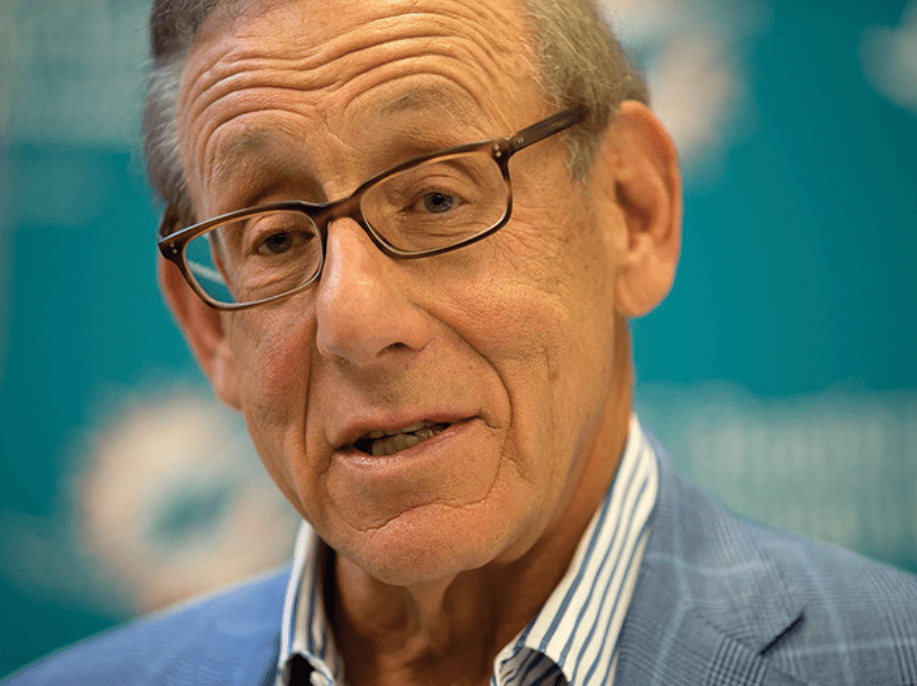
Stephen Ross--Dassault Family Real Estate--Strategic Consultant
Stephen Michael Ross is an American real estate developer, philanthropist, and sports team owner.
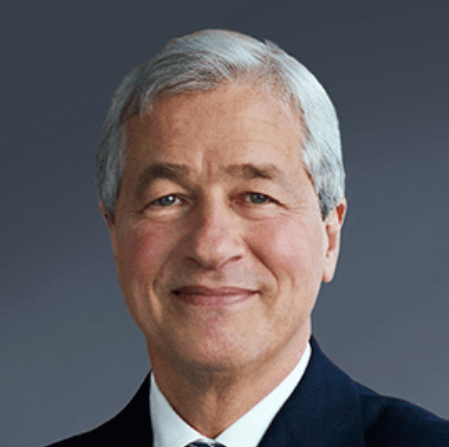
Jamie Dimon--Dassault Office--Project Partner
James Dimon is an American banker and businessman who has served as Chairman and Chief Executive Officer (CEO) of JPMorgan Chase since 2006.

Jen-Hsun Huang--Dassault Family Office--AI Super Partner
One of the 100 most influential people in the world in 2021, the British "Economist" magazine's Best CEO in 2023, No. 26 on the Hurun Global Rich List in 2024, and No. 20 on the 2024 Forbes Global Billionaires List. NVIDIA CEO

©2023 - Dassault Family Office












